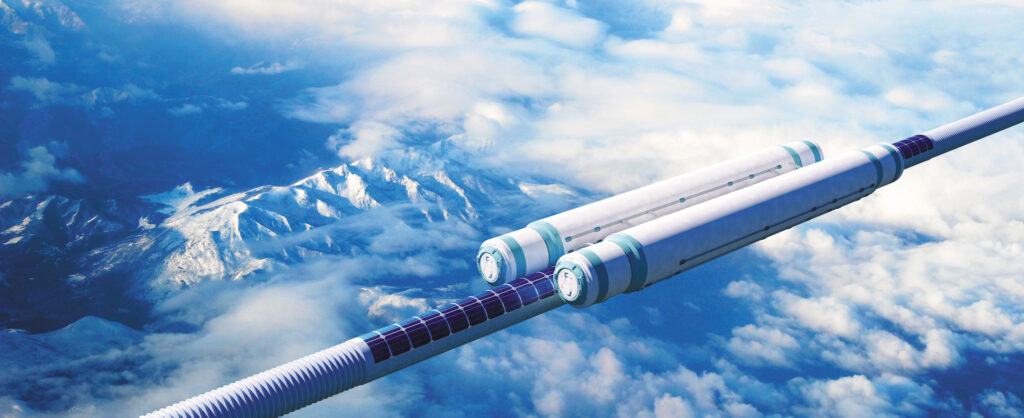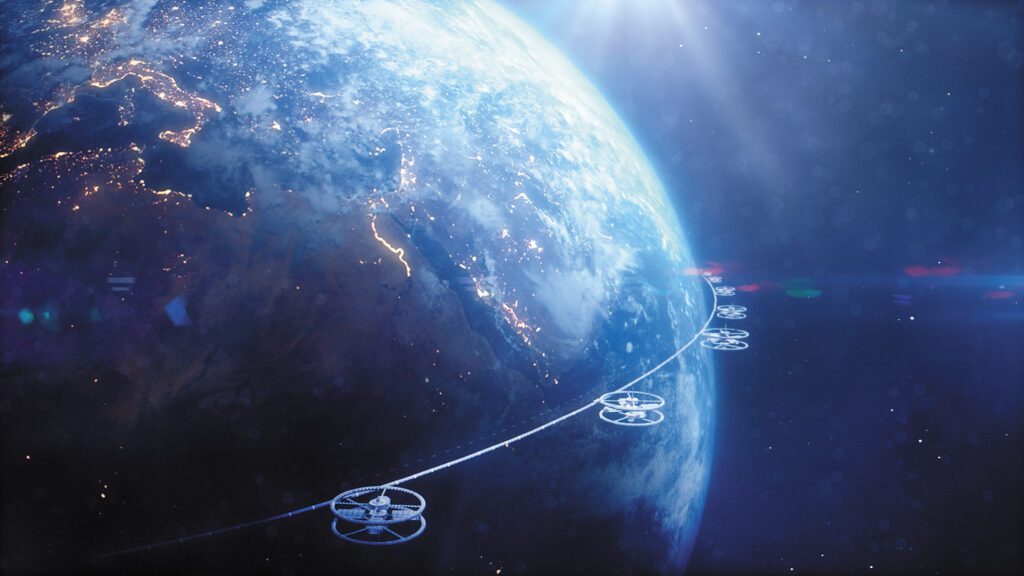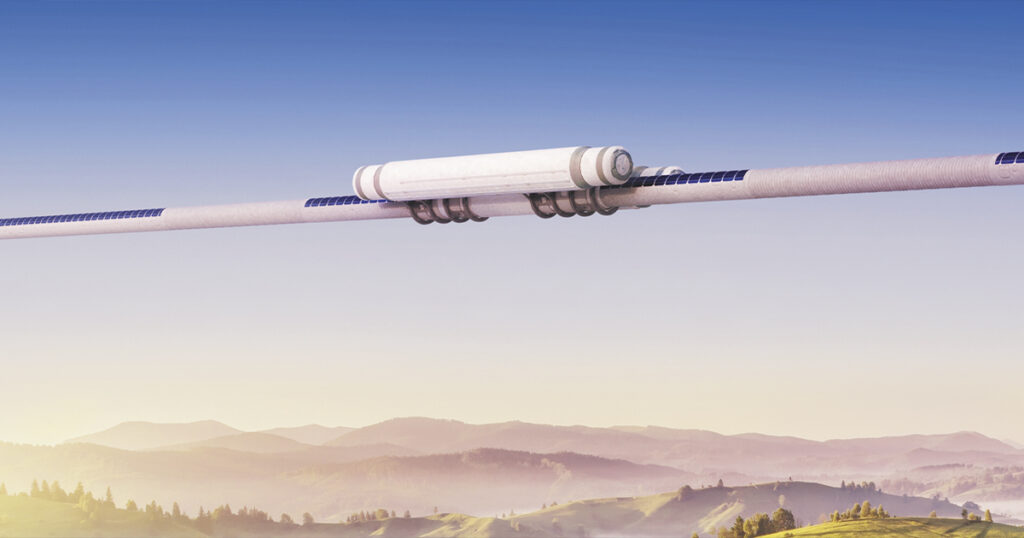Minsk, Belarus - December 12, 2022 - Perhaps there is not a single country in the world today that would not invest in space programs or space exploration. The global goal units them all: to save humanity from a rapidly impending ecological catastrophe by finding a planet that in the slightest resembles the Earth and is suitable for person existence. The reality is that our children and grandchildren may already face the first signs of the Earth’s biosphere death.
Research spacecrafts travel farther and farther into the depths of space, but we are nowhere near the solution. We have not found and hardly ever find a place that could become a worthy alternative to our home – the Earth. Man was formed exactly in the Earth’s conditions: its atmosphere, magnetic and electric fields, water and food are perfect for us, without these elements we will exist neither today, nor in the foreseeable future.
Nowhere in the boundless Universe, there is a place for us, people of Earth, with more suitable life conditions than on our alluring Blue Planet!
There is no need to look for a new home, no need to build expensive disposable spacecrafts, no need to destroy the atmosphere with rocket fuel combustion products. There is a simpler and more effective solution – we must take the harmful industry into near space, leaving the Earth for life, for people, for eco-oriented technologies.
Engineer Anatoli Unitsky proposed the ideas of reorienting the biosphere to the geospace vector within the framework of the uSpace program for the first time at the end of the 20th century; since then, many elements of the program have been calculated, tested and implemented in different countries of the world: the UAE, Belarus, Russia, etc.

The most acute problem facing space explorers around the world is the costly cargo launch into near Earth orbit. Within the framework of the uSpace program, this issue is being resolved by constructing an overpass of the general planetary vehicle (GPV) along the equator, more than 40 thousand kilometers long. The GPV is a toroidal structure with belt flywheels in the core, which are driven by linear electric motors. According to calculations, the GPV will be able to go into space up to 100 times a year and carry up to 10 million tons of cargo and up to 10 million passengers each flight. At the same time, the cost of taking one ton of cargo into orbit will not exceed 1,000 USD, as $100 – for ticket per passenger.

The creation of the GPV and the possibility of affordable transportation of goods and people into space will make it possible to transfer harmful production out of the planet, freeing the Earth from the burden of technological progress polluting. The first launch of the GPV will trigger the construction of the multifunctional transport-infrastructure and industrial-residential orbital complex “Space industrial necklace “Orbita”, where the main technological factories will be based.
The uSpace program offers the opportunity to develop the space direction for all countries around the globe, for all peoples inhabiting the Earth. The global nature of the program implies all countries equal and active engagement, joint research and production collaboration for the benefit of Humanity.
The uSpace program implementation will ensure the world economy growth and the expansion of mankind into deep space. Moreover, it will protect the Earth from space threats, reduce the technological load on the biosphere and create a real oasis on the planet.

Every year, an international scientific and practical conference on non-rocket near space industrialization – NRNSI is held within the framework of the uSpace program. Hundreds of scientists, engineers, public figures and popularizers of science gather at the conference venues to discuss new developments, demonstrate prototypes and summarize the results of the implemented elements of the program.
In September 2022, the NRNSI Conference was held simultaneously in Belarus and in the United Arab Emirates. Among the event guests of honor were H.E. Hussain Al Mahmoudi – CEO of the Sharjah Research Technology and Innovation Park and the American University of Sharjah Enterprises (UAE), Lembit Opik, Chairman of the Parliament of the Space Nation of Asgardia (UK), Sergei Korotkov, Director of the UNIDO Center for International Industrial Cooperation in the Russian Federation, pilot-cosmonaut, one of the space habitability record holders, Sergei Avdeev (Russia).
Work deliverables of scientists, architects, engineers and designers are publicly available – in books and monographs, articles and social media pages of the uSpace geospace program. The program created for the benefit of Mankind and aimed at saving the Earth’s life is open for discussion. Everyone’s feasible contribution is important. Your personal contribution is crucial.
Only together, collectively, we will be able to overcome the ecological crisis, bring the biosphere to a new level and guarantee our children healthy future, and our grandchildren happy life on flourishing planet Earth!
To read more information about the story’s source, visit this link: https://globalnewsdistribution.com/pr/earth-for-life-space-for-industry-a-belarusian-engineer-has-developed-a-non-rocket-way-to-deliver-cargo-and-passengers-into-orbit/
Media Contact
Company Name: Astroengineering Technologies LLC
Contact Person: Anna Telegina
Email: Send Email
Phone: +375 17 388-20-20, ext. 1386
Country: Belarus
Website: https://aet.space/













